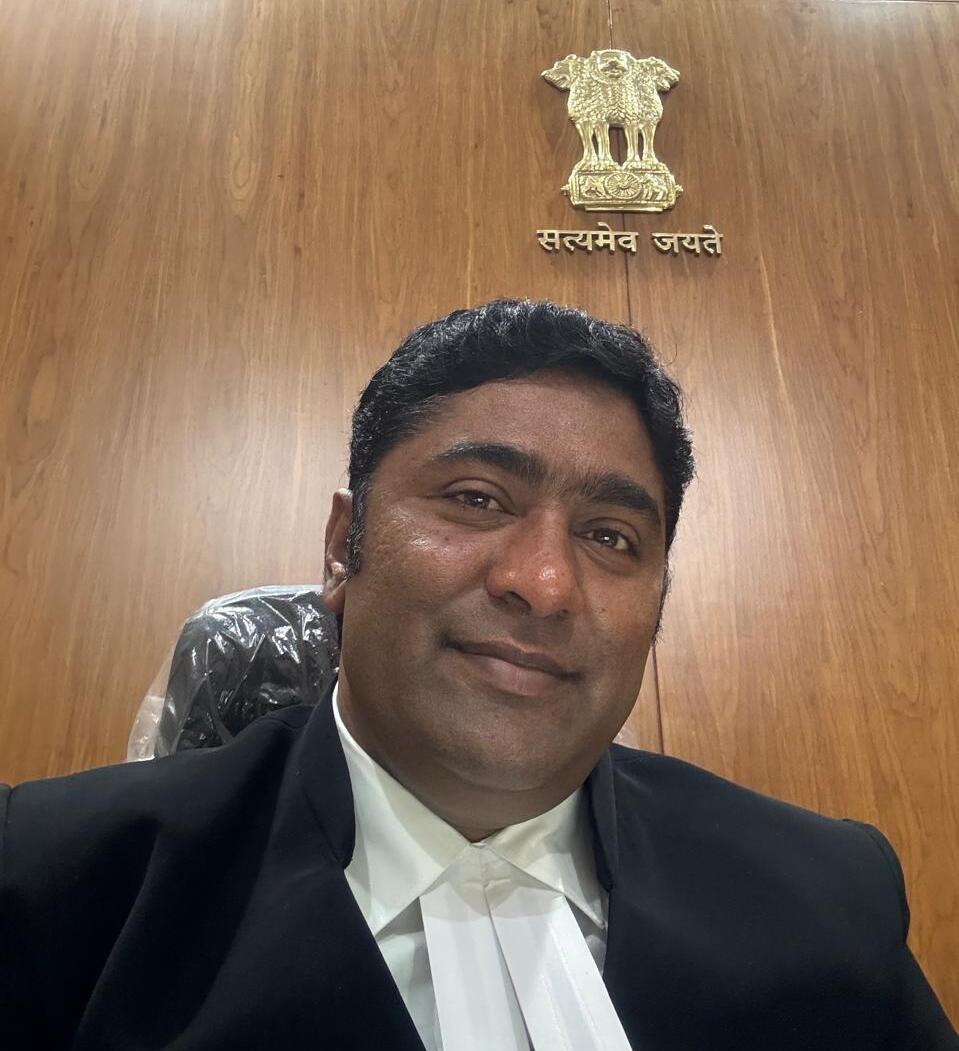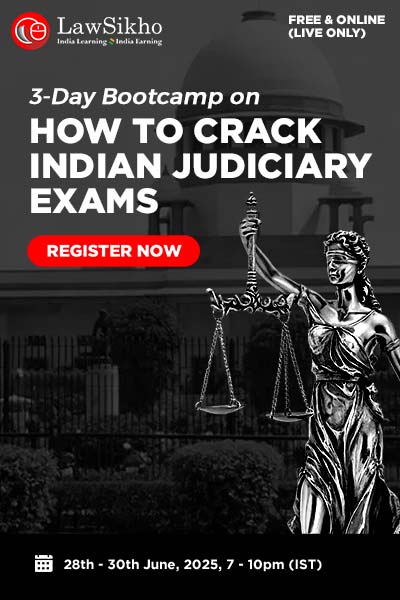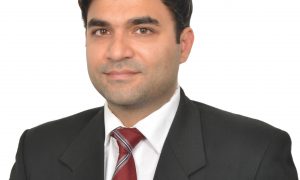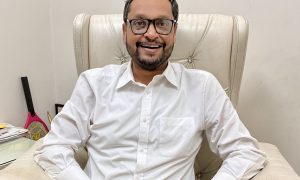This interview has been published by Anshi Mudgal and The SuperLawyer Team
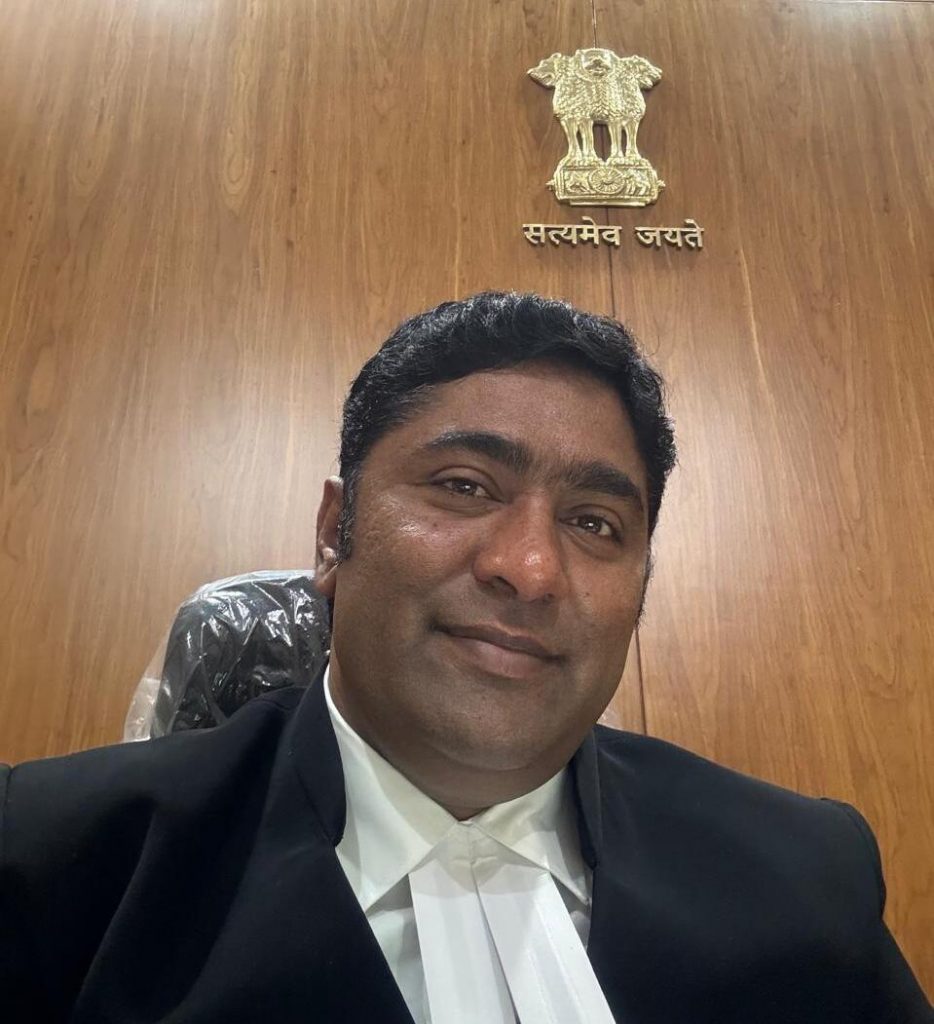
With almost two decades of experience in law, what inspired you to pursue this profession, especially considering your background in an agricultural family? Could you share your law school experience and how it shaped your path in the legal field?
My journey into law was driven by a combination of personal ambition, resilience, and the unwavering support of my family. Coming from an agricultural background, legal studies were not a conventional path in my family. However, after facing setbacks in my early academic pursuits—particularly in my 12th-grade science exams—I took it upon myself to carve a new path. The decision to study law was not one of convenience but of deep-seated aspiration, coupled with an innate sense of justice and advocacy.
Being the first in my family to enter the legal profession required me to step out of my comfort zone. I left my rural hometown and moved to Bengaluru, where I pursued my law degree at Al-Ameen College of Law. My time at law school was transformative; it provided not only theoretical legal knowledge but also practical exposure that helped me understand the intricacies of the judicial system. Through academic rigor, moot courts, legal aid camps, and interactions with seasoned advocates, I developed a strong foundation in jurisprudence, constitutional principles, and litigation strategies.
More importantly, law school instilled in me a sense of discipline and perseverance—qualities that have been instrumental in shaping my career. The experience taught me that law is not merely about statutes and case law but about understanding human rights, justice, and the profound impact that legal decisions have on society. This realization further fueled my passion for the profession and set me on a path of continuous learning and advocacy.
How did your early years in practice shape your approach to law? Having worked in esteemed roles, such as with ARK Usmani & Associates, KN Subba Reddy & Vivek Subba Reddy Associates, and the Government of Karnataka, how did each position contribute to the development of your legal expertise?
The early years of my legal career were instrumental in shaping my approach to law. I firmly believe that the foundation of a successful legal practitioner lies in practical experience, mentorship, and an unwavering commitment to learning.
I began my legal journey at an early stage, immersing myself in internships, drafting, pleadings, and court procedures. Under the guidance of seasoned advocates at ARK Usmani & Associates, I learned the fundamentals of litigation, client counseling, and legal documentation. This experience provided me with firsthand exposure to the nuances of civil and criminal law, including how to build strong legal arguments and navigate complex case laws.
Working with KN Subba Reddy & Vivek Subba Reddy Associates further honed my litigation skills, particularly in high-stakes matters. Here, I developed a deeper understanding of procedural laws, cross-examinations, and trial advocacy, all of which proved invaluable in my subsequent roles.
My tenure with the Government of Karnataka marked a significant transition, as I shifted from private practice to public law. This role allowed me to understand the workings of the government, its legal framework, and the intersection between public policy and the judiciary. Engaging in government litigation, regulatory compliance, and policy interpretation broadened my perspective and helped me refine my expertise in constitutional and administrative law.
Each position I held played a crucial role in shaping my professional identity. They collectively reinforced my commitment to justice, legal precision, and ethical advocacy, ultimately guiding me toward a distinguished career in public service and independent practice.
With your experience across areas like Constitutional Law, Civil Law, Criminal Law, Corporate & Banking Law, and more, what was your experience like working as the Central Government Counsel at the High Court of Karnataka from 2015 to 2019? Could you share some key lessons or challenges faced during that period?
Serving as Central Government Counsel at the High Court of Karnataka from 2015 to 2019 was one of the most intellectually stimulating and professionally enriching phases of my career. Representing the Union of India (UOI) in complex legal matters required an in-depth understanding of constitutional provisions, statutory interpretations, and public policy frameworks.
One of the most significant aspects of this role was understanding and advocating for the government’s standpoint behind legislative actions and administrative decisions. Government litigation is unique because it does not only involve individual disputes but often concerns matters of public interest, governance, and national policy implementation. This role deepened my understanding of quasi-federalism, the intricate relationship between the Union and State governments, and the legal disputes that arise between them.
Key lessons from this period include:
1. Strategic Litigation & Policy Advocacy – Representing the government requires not just legal knowledge but also strategic thinking. I had to ensure that legal arguments aligned with the broader policy framework of the Central Government.
2. Balancing Judicial Review & Governmental Authority – A major challenge in government litigation is navigating cases where government policies are challenged under judicial review. Balancing the principles of legislative intent, constitutional validity, and public welfare was a crucial aspect of my role.
3. High-Stakes Litigation – Many cases I handled involved issues of constitutional interpretation, statutory challenges, and administrative law disputes. These matters required meticulous research and well-articulated legal submissions.
Overall, my tenure as Central Government Counsel provided me with a macro-level perspective on governance, public administration, and the critical role of legal professionals in shaping public policy through judicial processes.
As the Additional Advocate General for the Government of Karnataka, you’ve likely handled diverse cases. Which case has been the most rewarding for you in this role, and what strategies did you employ to manage such a complex matter?
Every case assigned to me by the Advocate General of Karnataka has carried its own significance and set of challenges. As Additional Advocate General, I have had the privilege of handling cases that impact public policy, constitutional interpretation, and fundamental rights.
One of the most rewarding aspects of this role has been the opportunity to argue cases that directly influence governance and legislative frameworks. Whether it involves challenges to state policies, high-value litigation, or cases concerning the rights of citizens, each matter requires a strategic, well-researched, and legally sound approach.
My strategy in managing complex cases is based on the following principles:
1. In-Depth Legal Research – Every case demands an exhaustive understanding of relevant precedents, legislative intent, and judicial interpretations. Research forms the foundation of any successful litigation.
2. Calm & Composed Advocacy – Courtroom advocacy requires not just legal acumen but also the ability to present arguments persuasively, counter opposing counsel effectively, and maintain composure under intense judicial scrutiny.
3. Team Collaboration & Case Management – Handling government litigation requires a coordinated approach. I work closely with government departments, legal teams, and policy advisors to ensure comprehensive representation.
4. Strict Adherence to Legal Ethics – As a legal representative of the government, I uphold the highest ethical standards, ensuring that justice is served while safeguarding the interests of the state.
In summary, each case I handle is a learning experience, a test of legal acumen, and an opportunity to contribute to the legal system in a meaningful way.
Final Words
Law is not just a profession—it is a responsibility, a commitment to justice, and a continuous journey of learning. Throughout my career, I have learned that perseverance, dedication, and ethical advocacy are the hallmarks of a successful lawyer.
For aspiring legal professionals, I always emphasize: “Master your craft, stay updated with evolving jurisprudence, and above all, uphold the integrity of the legal profession.”
I Would like to thank my colleague Advocate Mohammed Nawaz Shariff, for his valuable assistance rendered in completion of the interview.
Get in touch with S. Ismail Zabiulla –

